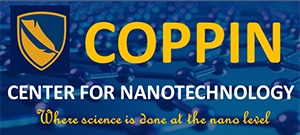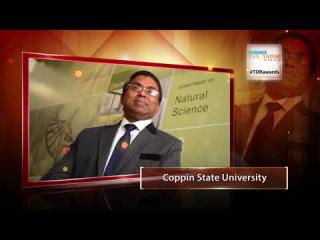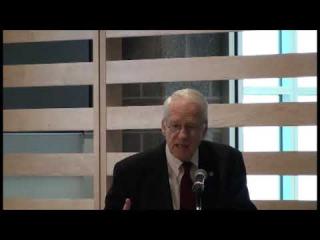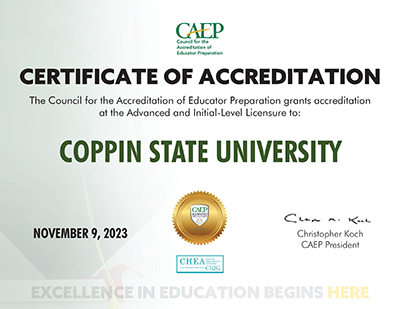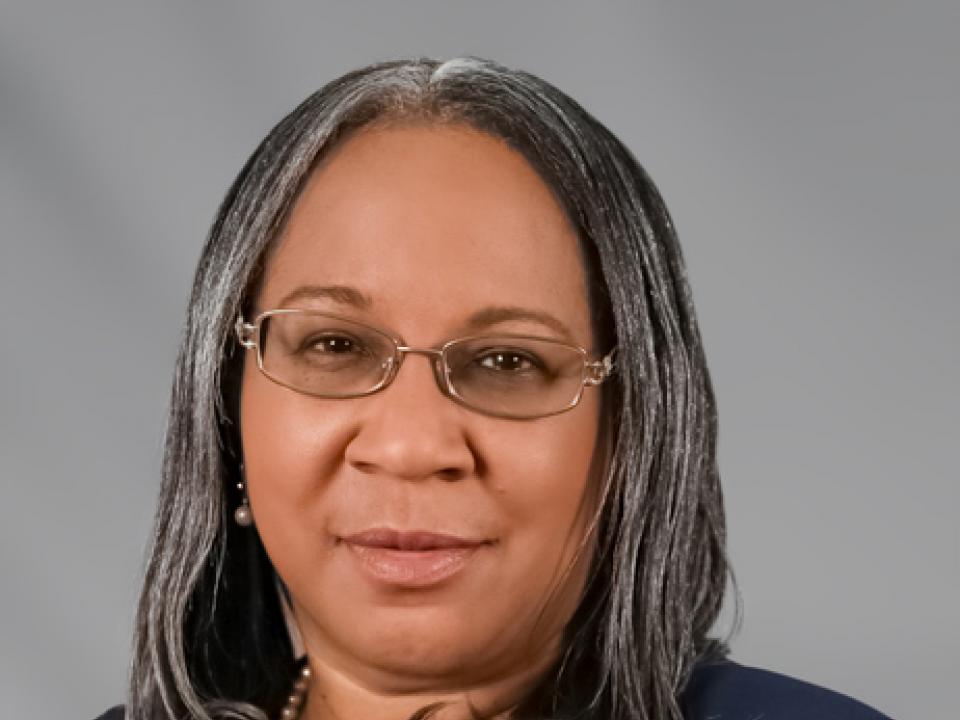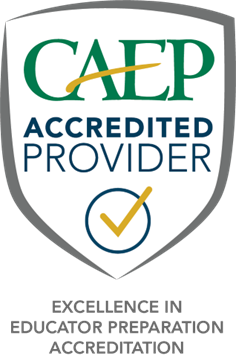Center for Nanotechnology
STEM Day 2025
https://www.coppin.edu/stemday
The Center for Nanotechnology at Coppin State University presents STEM DAY 2025 on September 23, 2025, at 9 am. Click on the link to register.

Summer Internship Opportunities at the Center for Nanotechnology
The Center for Nanotechnology at Coppin State University is offering summer internship opportunities for high school students interested in hands-on research and STEM exploration.
The internship will run from June 23 to August 21, providing students with valuable experience in a research laboratory environment.
Interested students should email their resume to Dr. Jamal Uddin (juddin@coppin.edu) or Dr. William Ghann (wghann@coppin.edu) to apply.
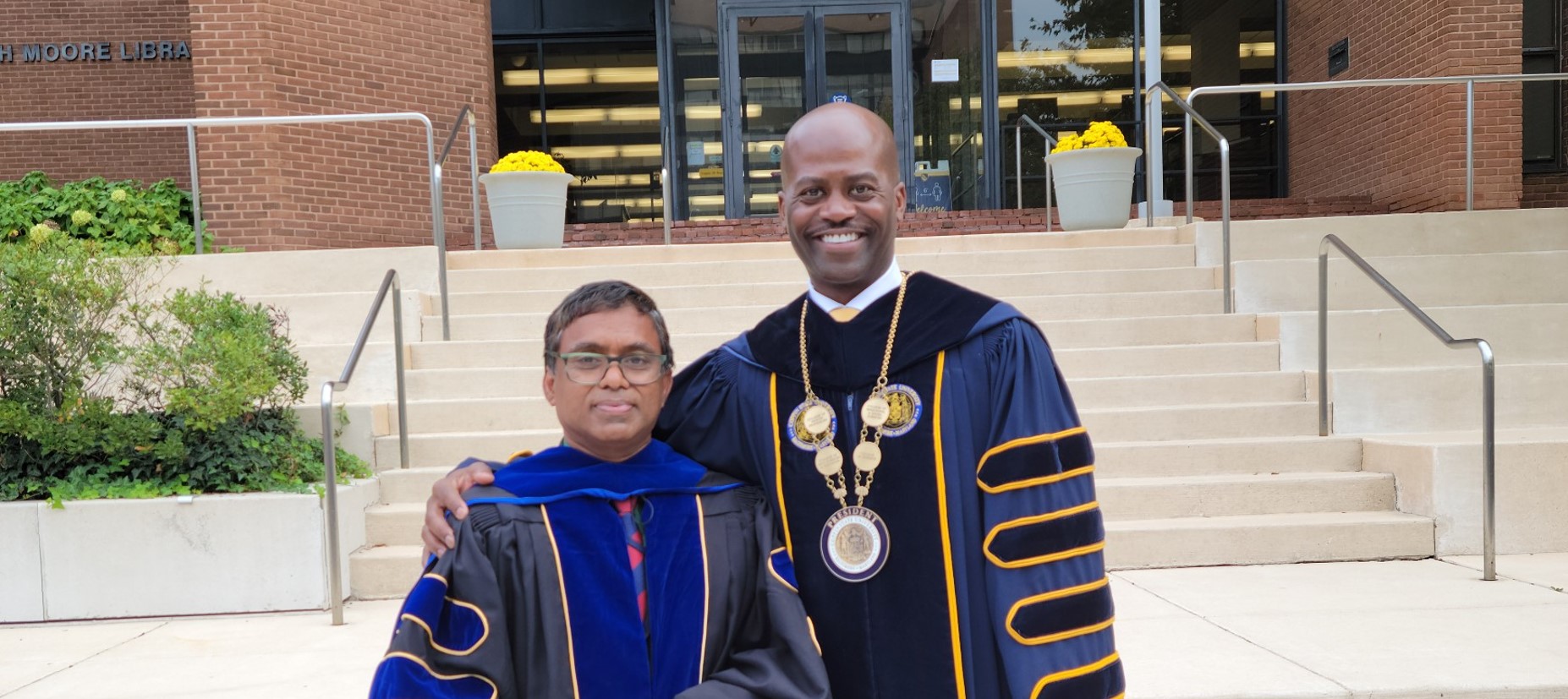
The Center for Nanotechnology is home to an array of impressive state-of-the-art equipment. Founded in 2007 by Dr. Jamal Uddin, the center is currently located on the third floor of the Science and Technology Center on the Coppin State University campus. A talented team of faculty, staff, and students conduct research at the center. Research efforts, funded by several organizations, encompass dye sensitized solar cells, terahertz technology, and biomedical application of gold nanoparticles. Funding organizations include Constellation—an Exelon company, Department of Education (Safra Title III Grant) TEDCO, Department of Defense, and the University System of Maryland. The center has received recognition and awards for research findings, which have also been published in several highly regarded peer-reviewed journals such as Nature Scientific Reports and Inorganic Chimica Acta. The research team periodically undertakes field trips, attends, and organizes conferences and workshops annually.

E2 Energy to Educate
For thirteen consecutive years (2011-2024), the Center for Nanotechnology has been awarded the Constellation’s E2 Energy to Educate grant, receiving a total of approximately $500,000. The 2024 project, titled “Engaging STEM Youth in Baltimore City and the Greater Baltimore Area to Explore the Biosynthesis and Characterization of Fluorescent Carbon Nanoparticles for Energy Conversion and Storage at Coppin State University," has been the latest to be funded.
Contact Us
Thank you for your interest in the Center for Nanotechnology at Coppin State University. We welcome any questions and feedback you have. If you would like more information on anything you have read about on this website you can, please contact the various means provided below:
